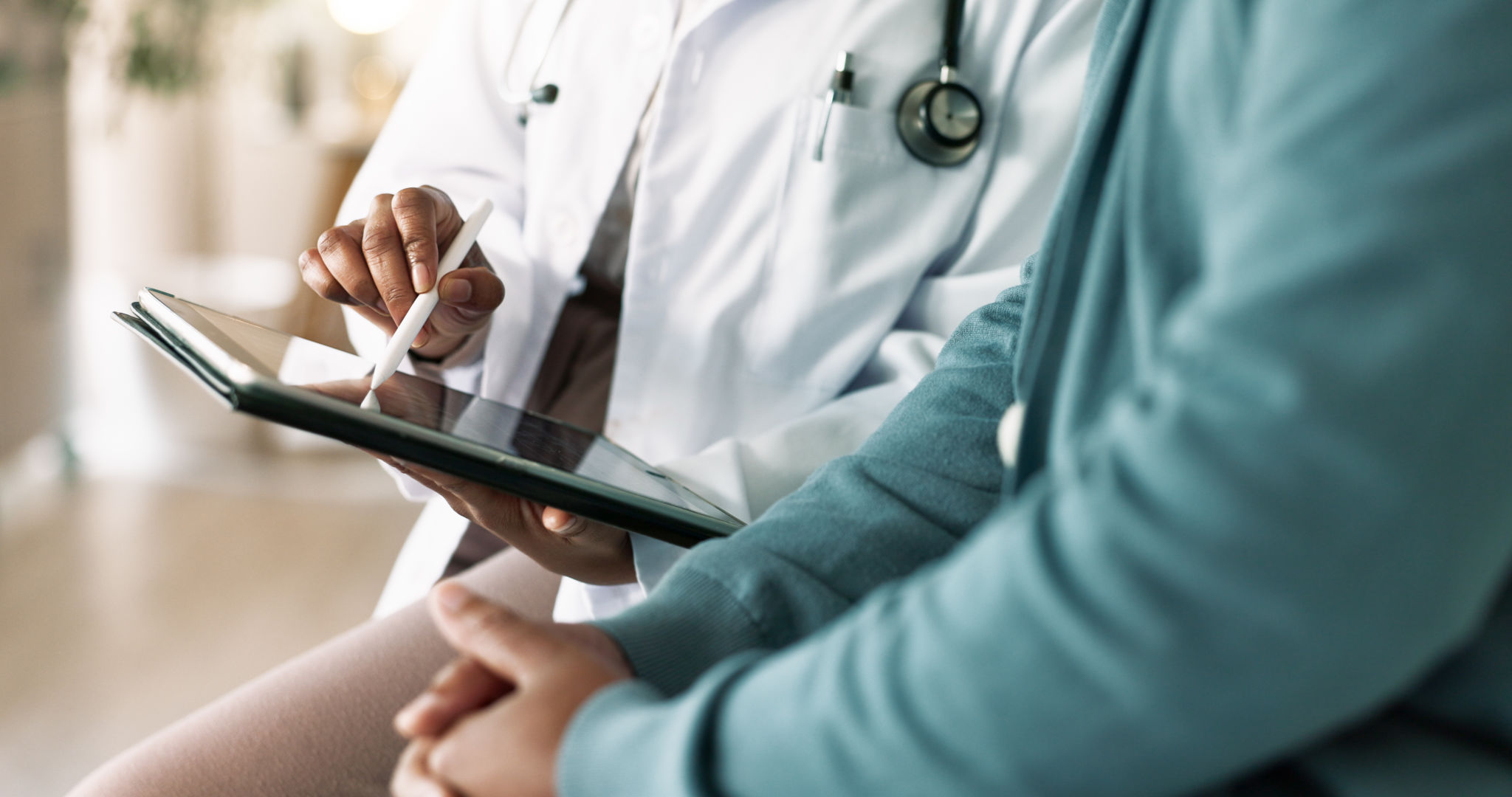Preparing for Your First Psychiatric Appointment: What to Expect
Understanding the Importance of Your First Appointment
Preparing for your first psychiatric appointment can feel both daunting and empowering. It's an important step in taking charge of your mental health and well-being. Whether you’re seeking assistance for anxiety, depression, or any other mental health concern, knowing what to expect can help ease your nerves and make the process smoother.
The initial session is often about gathering information and establishing a connection with your psychiatrist. This meeting sets the foundation for your treatment plan and helps your doctor understand your unique needs and concerns.

What to Bring to Your Appointment
Before heading to your appointment, ensure you have all necessary documents and items ready. Key items to bring include:
- Identification and insurance information
- A list of current medications and dosages
- Your medical and mental health history
- A journal or notes on symptoms and concerns
Having these items prepared will not only save time but also provide a comprehensive view of your health to your psychiatrist.
Preparing Mentally for the Appointment
Beyond logistical preparation, mental preparation is crucial. Acknowledge any anxiety or apprehension you might feel and remind yourself that seeking help is a positive step forward. It's normal to be nervous, but remember that this is a safe space intended to support your mental health journey.

What Happens During the Appointment
During your first psychiatric appointment, the psychiatrist will likely conduct a thorough assessment. This includes discussing your current symptoms, personal and family medical history, and any previous treatments you've undergone. Be honest and open; this information is vital for an accurate diagnosis and effective treatment plan.
The psychiatrist may also ask about lifestyle factors such as sleep patterns, diet, and exercise, as these can significantly impact mental health. You might also discuss any stressors or recent changes in your life that could be affecting your well-being.

Developing a Treatment Plan
Following the assessment, your psychiatrist will work with you to develop a personalized treatment plan. This plan may include medication, therapy, lifestyle changes, or a combination of these. It's important to discuss any concerns or preferences you have regarding treatment options.
This collaborative approach ensures that the plan aligns with your goals and comfort level. Feel free to ask questions about anything you do not understand—your psychiatrist is there to guide and support you.
After the Appointment: Next Steps
Once the appointment concludes, you may be scheduled for follow-up visits to monitor progress and adjust the treatment plan as needed. It’s crucial to adhere to any prescribed treatments and maintain open communication with your psychiatrist.
Additionally, consider keeping a journal to track your symptoms, mood changes, and any side effects from medications. This can be a valuable tool for both you and your psychiatrist in evaluating the effectiveness of the treatment plan.
Remember, seeking psychiatric help is a courageous step toward better mental health. With preparation and the right mindset, your first appointment can be the beginning of a transformative journey.
